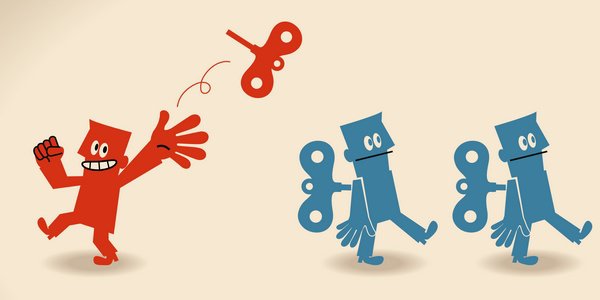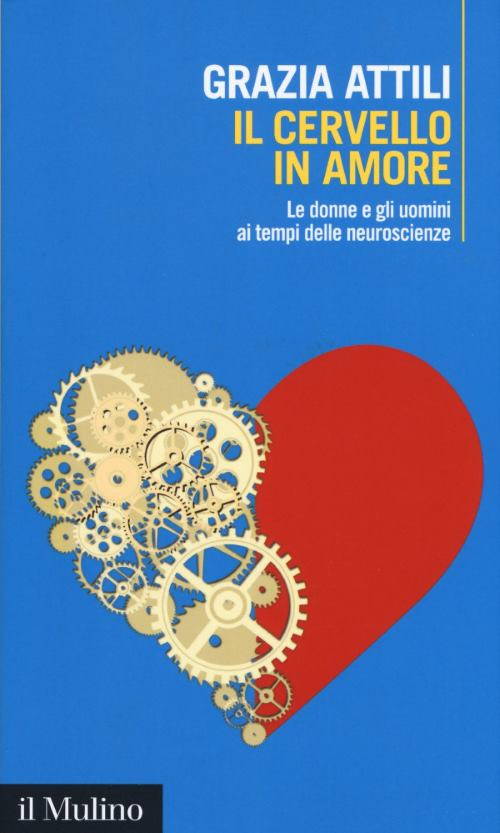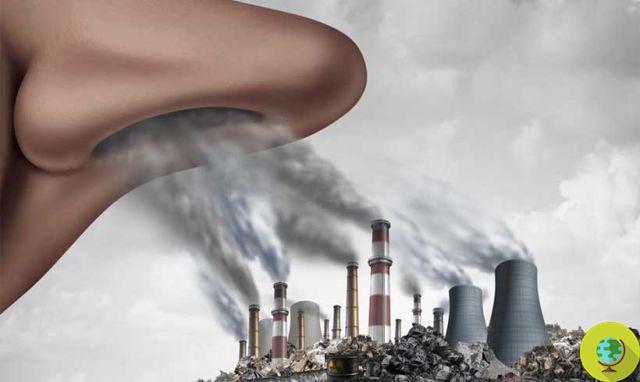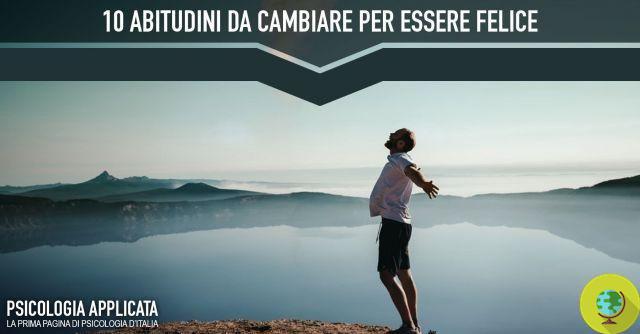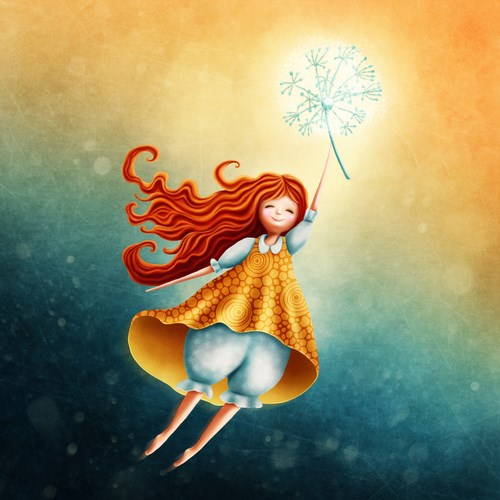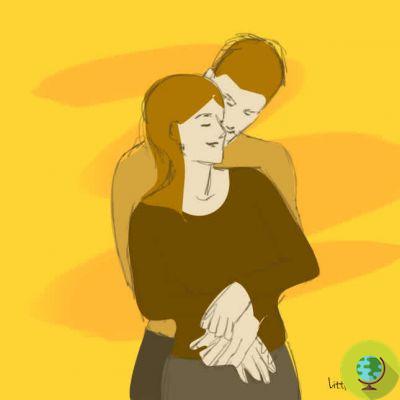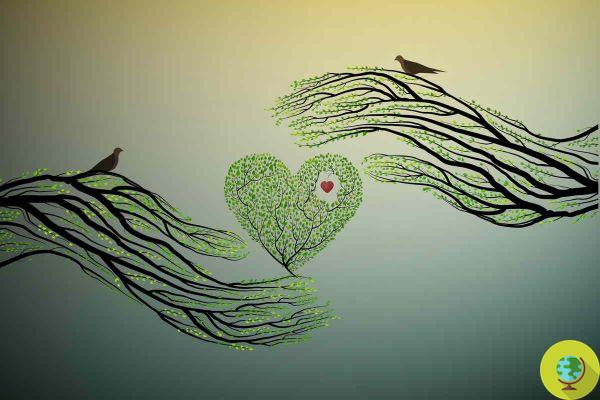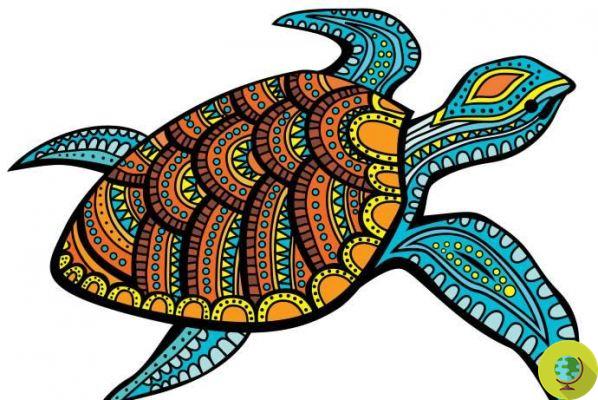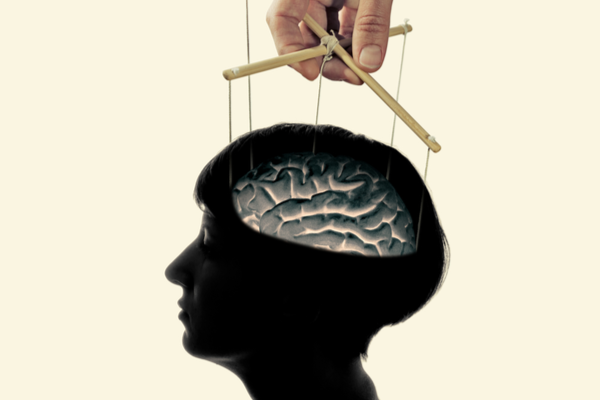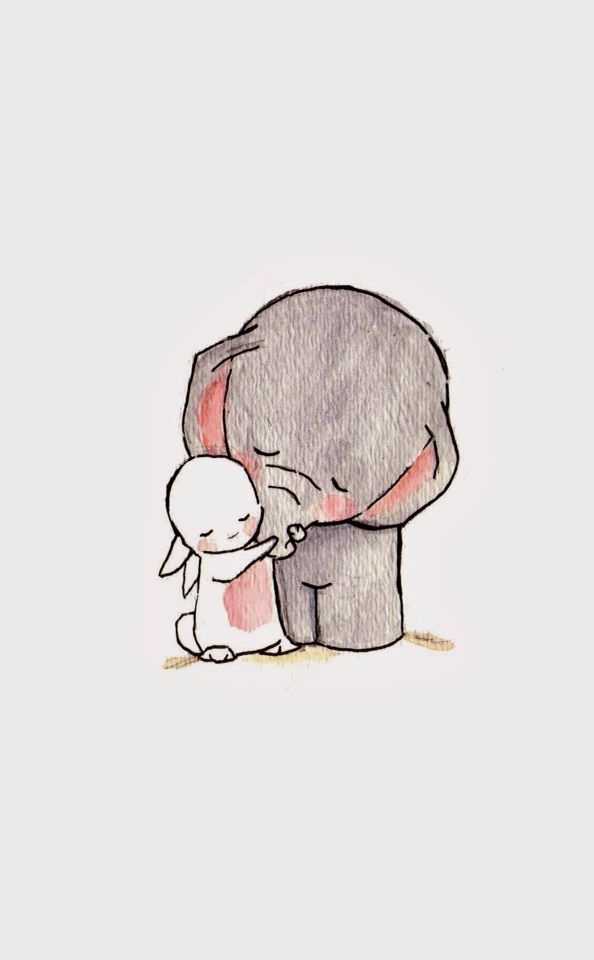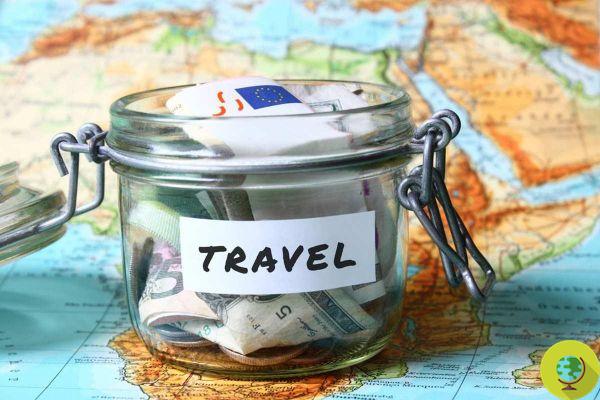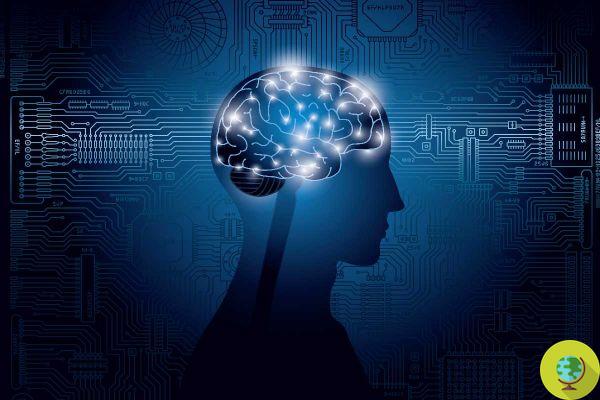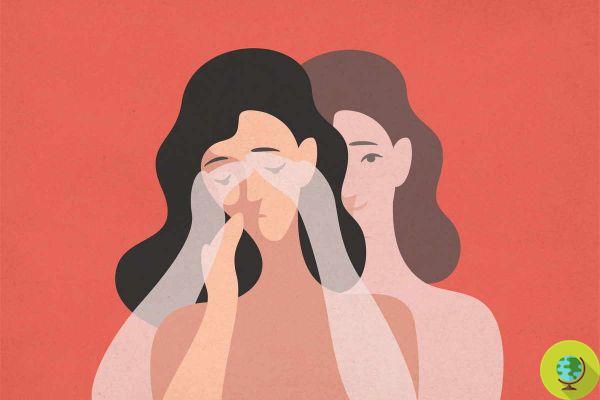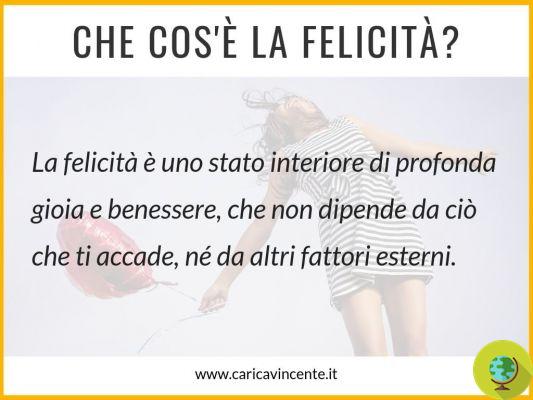
According to science, four questions and three answers to increase the quality and quantity of personal happiness.
Don't store avocado like this: it's dangerousHappiness is certainly not, so to speak, a “question of goat's wool”: when it characterizes our life, it not only improves our health and psychological conditions but can even change our genetic heritage for the better.
A 2013 study led by Fredrickson looked at the gene expression of cells that defend us against infectious diseases and found that, in people who experience high levels of happiness, there is a strong expression of antibodies and antiviral genes. Long live happiness, then.
But is there a perfect recipe for becoming truly and deeply happy? Honestly, no.
But starting to ask yourself a few questions can help you find the right personal direction for happiness. So, for those who want, white paper, pen and go: let's get started.
Index
What do I mean by "happiness"?
Everyone has their own personal idea, their own concept of "happiness" which, obviously, can change over time and include numerous variations and nuances.
Who or what does my happiness depend on?
It is important to take stock, understand what are the images and memories that guide us, in relation to happiness, by answering these sub-questions:
* I would be happy if, if, if ...
* I was / or happy because, when, how ...
* my happiness depends on ...
* my unhappiness depends on ..
How happy do I feel right now?
The ideal would be to organize yourself with a clock, setting the alarm to sound every two to three hours; when it plays, whatever you are doing, stop for a moment and bring your conscious attention to your feeling of well-being: how happy do I feel now? And to what do I attribute this state / sensation of mine?
What can I do now to improve?
The question requires us to listen and allows us to make contact in a more conscious way both with our fantasies, projections, wishes and with our resources, analytical skills and then will for targeted action.
By answering these questions over the course of a day (and perhaps repeating the exercise for several days of a week) we will have, in black and white, a sort of photograph that talks about us and which, reviewed with a little distance, could be surprising, provide us with new food for thought and consideration and represent, in any case, our map: the starting point. Towards a new dimension of happiness, yet to be integrated.
What are the 3 types of happiness?
But we also respond to the requests made above. What can be said about happiness? According to Harvard psychologist and researcher Daniel Gilbert, there are three types:
* emotional it corresponds to a sensation, a transitory positive subjective state determined by something present in the real world. (On closer inspection, however, we can also distinguish two expressions: there is the one strictly connected to an event, a pleasure, a material desire fulfilled - more vivid, brief, electrifying: like happiness for a victory or a well-made purchase. successful - and another that touches more intimate, deeper, less striking chords - like the subtle happiness that moves looking at the sea or immersed in the greenery of a nice walk in the mountains);
* morale: determined by our way of looking and being in the world; those who lead an honest and respectable life and are aware of the ethical significance of their actions feel deeply satisfied and content (at least for themselves);
* linked to judgment: when it is assumed that one or more situations can, in themselves, give happiness.
According to Positive Psychology we can read the question from two different perspectives: that edonica (happiness given by a state of fulfillment, due to the fulfillment of desires) and that eudemonica: happiness as a process of continuous construction, of growth that favors individual development and the authentic expression of human nature, in which individual happiness is realized in the social space. Inside and outside, inside as well as outside.
What does happiness depend on?
On whom and what does our happiness really depend? In the study "Happiness is a personal (ity) thing" (which could be translated as: happiness is a personal thing / that depends on the personality) conducted by A. Weiss and TC Bates, two researchers at the University of Edinburgh, it emerged which for 50% is conditioned by our genetic heritage (a sort of attitude that we receive as a gift from the family inheritance: a beautiful spontaneous talent to be put to use or an element to be transmuted, such as lead into gold), for 10% ( maximum) by endogenous factors such as economic availability, social status and other various "benefits". Finally: for 40% it depends more directly on us.
To sum it up: in one way or another, happiness is in our hands in any case. In his Religio Medici, Thomas Browne, physician and scientist but also homo religiosus, capable of recognizing and venerating the mystery where it is - we are in 1642 - affirms: “I am the happiest man; I have something in me that can convert poverty into wealth, adversity into prosperity and I am more invulnerable than Achilles ”.
How to find out that you are happy?
One of the simplest ways (and for this reason, the most difficult for us) is to stay in the beauty of the present, to be grateful for what is there instead of "coveting" (which is different from moving in a constructive and goal-oriented way) what is not there or that perhaps you could have, instead of getting lost behind the idea of a possibility that has not been grasped. It might seem strange but the apparent or real freedom of choice between different options - he explained Daniel Gilbert in one of her speeches at TED - she is an enemy of happiness because it always puts us in the idea that there could be better scenarios for us (therefore it can put us in a situation of "lack", of dissatisfaction) while "our" immune system psychological "allows us to feel truly happy even when things do not go as we had planned".
Translated: if, consciously, we try to leave our projections behind and not give weight to what we think are shortcomings, we can discover that we are happy, that we are well. We can see the wealth of gifts we take for granted.
Can the happiness level be increased?
Then, of course, we can also choose behaviors that deepen our well-being, increase our level of happiness. For those who also want confirmation from science (it would be enough, in reality, to look at life), here is a non-exhaustive list of situations, actions, choices that will make them feel better, which are certainly able to increase the quality and quantity of happiness. : be active and keep busy, broaden your social relationships, engage in community life, carry out activities that have meaning for us, engage in hobbies and passions, live in the here and now of the present rather than project yourself between past and future, build relationships intimate - affective closeness - meaningful (it is one of the most important factors for happiness!), working on one's negative thoughts and internal "brooding", cultivating gratitude, sharing experiences, developing the capacity for forgiveness, finding one's purpose of life, rediscover the small daily pleasures, let oneself be absorbed by the activity we carry out, learn to see the positive in every event, be more generous and enjoy i what you have just as you have it.
Is happiness a goal?
Authentic happiness is a path, never a goal.
Finally, it must also be said: the pursuit of happiness must not become an obsession. Not only because we were not born "to be happy" (at least from a spiritual point of view, the main purpose of our life is to increase, through experience, our ability to love in an authentic way and thus to engage in constructive actions, helping to determine a world - internal and external - better for us and for everyone: which, on closer inspection, is the heart of the deepest happiness) but also because, desired and longed for, idealized - as Daniel Gilbert recalled - happiness it would take the form of an ever distant mirage, never reached or not easily reachable, and in that tension towards nothingness we would not even be able to see and enjoy the many opportunities for happiness and gratitude that life, every day, puts in our path.
What else can I do?
Try reading one of these articles to find answers to your questions about the pursuit of happiness:
4 Buddhist principles of happiness
The pyramid of happiness
The Happiness Curve: Find out at what age you will be happiest
Happiness: 10 simple tips to live better every day
Cultivate goodness, it produces well-being and happiness
Anna Maria Cebrelli




